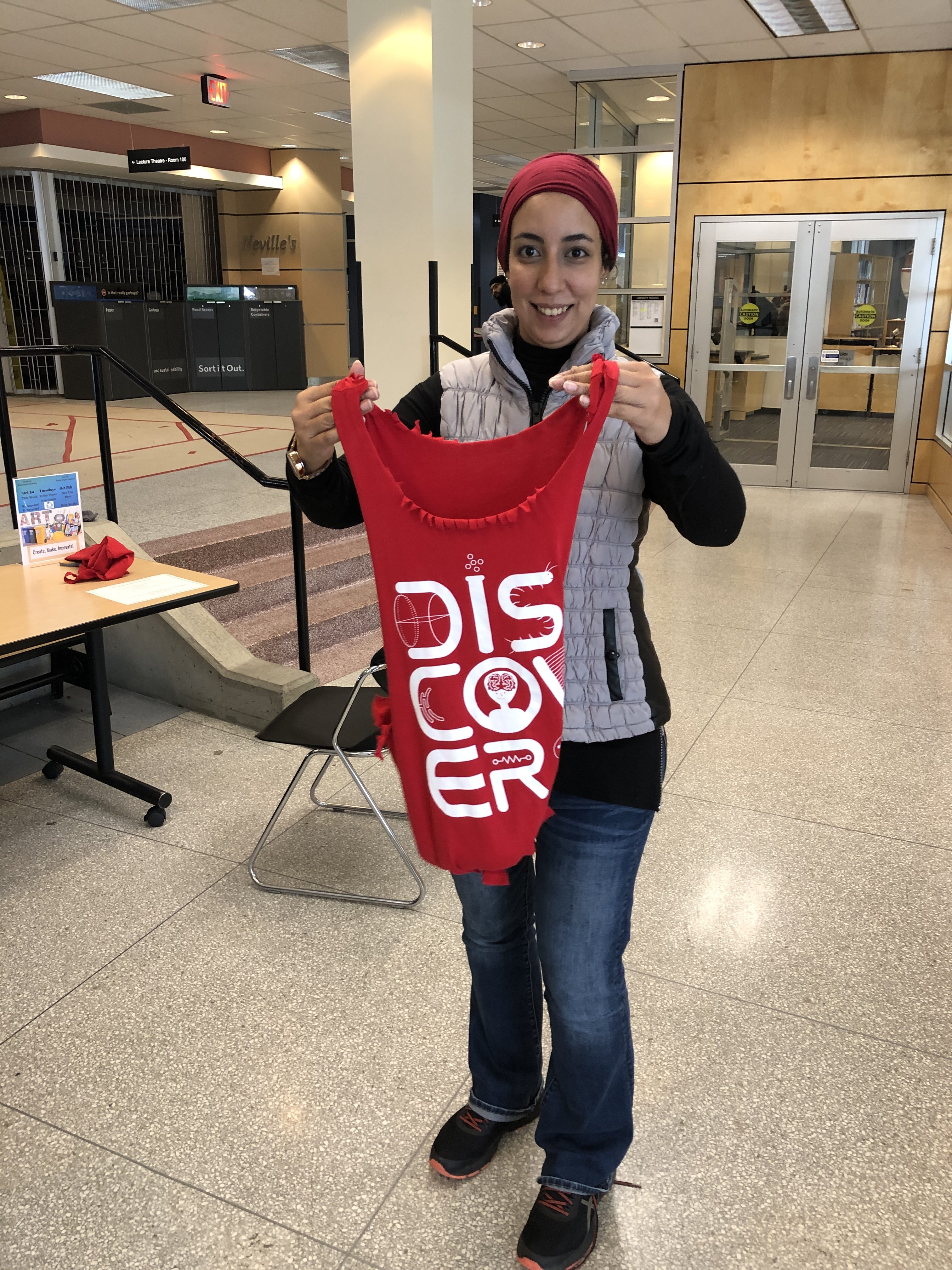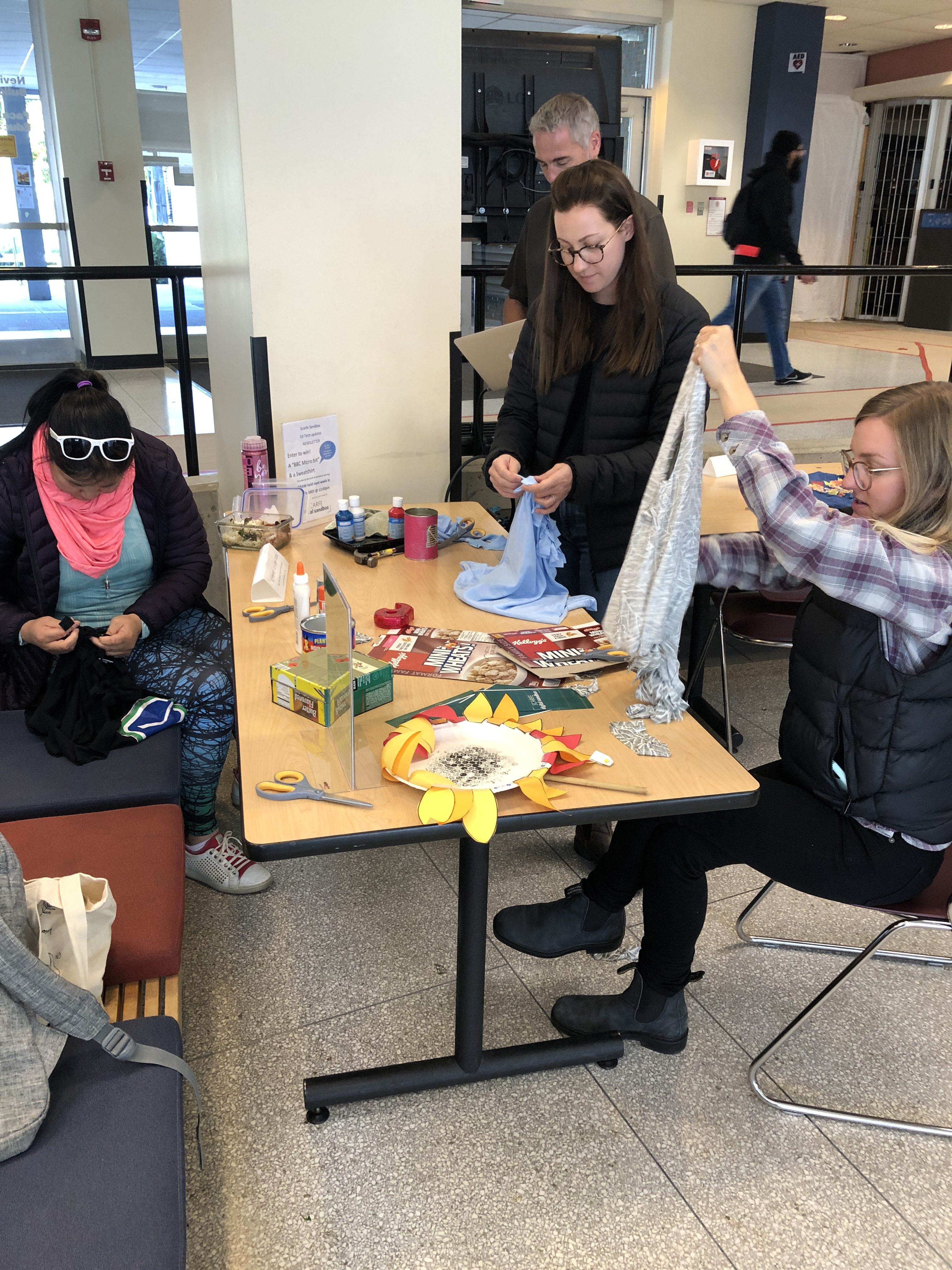Planning lessons and units on the basis of a theme or concept helps teachers to adapt a more interdisciplinary approach. This enables students to understand the chosen theme or concept through different disciplinary lenses.
For instance, within the broader concept of environmental sustainability, students might study Math in order to “understand extremely small numbers… which allows them to interpret pollution data” while, simultaneously, they study Biology to “understand the risks of pollution to human health,” Language Arts to understand “the messages of corporate advertisers,” and History to “recognise that [such global] change has occurred for centuries” (McKeown, 2007, p. 151).
In the overlap of these and other subject disciplines, perhaps as students might be asked to solve a problem, they would also likely encounter the dilemma of contradictory alternatives and be forced to reconcile their decisions in the face of difficult trade-offs (McKeown, 2007; Warren & Flinchbaugh, 2003; Heller, 1997).
Create, Make, Innovate: Getting Hands-on with Learning Design
Recap of the session in the Scarfe Foyer in Fall 2019:
At this week’s Create, Make, Innovate! activity session, held Tuesday, October 1st, 2019 in the Scarfe foyer, teacher candidates (TCs) learned a quick and simple way to try upcycling for themselves.
Using only a pair of scissors and some clever ingenuity, TCs tried their hand at turning an old t-shirt into a tote bag. Watch this short video and try to make your own!

Having a chat while working with their hands during this activity can help participants stay engaged and mindful about the concepts they’re learning, like upcycling or repurposing (… or another related concept, refusing, which is a preceding alternative to the more familiar “Reduce, Reuse, Recycle” – more on that below).
After only 15-20 minutes, they’ll be walking away with a practical skill and some fun memories, not to mention a brand new tote bag!
“Reduce, Reuse, Recycle”
For nearly fifty years, this three-word refrain has helped remind us that our use and disposal of manufactured products has a direct effect upon the natural environment. Somewhat revolutionary for its time, the phrase was borne of a sentiment that has since grown to become the global movement we know today as environmental sustainability. In more recent years, a fourth alliteration has been added: “Refuse.”
The idea behind refusing is to avoid disposable plastics in our day-to-day living – things such as item packaging, drinking straws, and shopping bags – by declining them as much as possible in favour of alternatives. So, as much as it was about recycling – or should we say “upcycling”? – old t-shirts, today’s Create, Make, Innovate session was also about refusing. It was about encouraging people to decline a plastic shopping bag in the future since they would now have a handy tote bag to use instead.
Refusal reflects two key considerations: first, refusal sounds a notably more urgent tone as human manufacturing and waste subject our planet to ever greater amounts of near-indestructible plastics. Second, by implying (like the other three “Re-” words) that each of us has a choice, refusal subtly obliges all of us to think about our actions and accept responsibility for the way we treat the planet. Just as we can choose to pollute, we can choose to refuse.
Read more about plastics and recyclables in the news…
Resources
Alongside recycling and upcycling has arisen a closely related initiative called repurposing. The gist of all these is to find new utility for otherwise disposable items, thereby at least delaying if not preventing their addition to a landfill. In trying to provide alternatives to the trash can, some people have taken the repurposing and upcycling of potential trash to creative, even artistic heights.
For example, Rebecca Jane Houston, a sculptor and installation artist from Toronto, created a giant sculpture using 12,000 plastic bottles. In Calgary, storeowner Solita Work finds, makes, and sells repurposed items as a way to promote and practise zero-waste. Here in Vancouver, community artist Sharon Kallis draws upon First Nations traditions to help people in her Strathcona community repurpose and reuse plants and garden waste. Her project has grown to the extent that Kallis now grows crops as much for their future repurposing as for their more common usages.
Check out these “3-R,” “4-R,” and even “5-R” alternatives offered by various governments agencies…
- Government of British Columbia: Zero Waste & the Circular Economy
- Government of Ontario: Meaningful Making – Establishing a Makerspace in your School or Classroom
- Government of Canada: Reducing Municipal Solid Waste and Waste Reduction Week in Canada
- United States Government: Reduce, Reuse, Recycle Resources for Students and Educators
… as well as by charitable and not-for-profit organisations…
- Recycling Council of Ontario: Reduce, reuse, recycle, rejected: Why Canada’s recycling industry is in crisis mode
- Zero Waste International Alliance (Canada): Zero Waste Hierarchy
Acknowledgement: post author, Scott Robertson; editor, Yvonne Dawydiak
Interdisciplinarity, collaboration, hands-on learning – that’s the spirit of Create, Make, Innovate! We want to promote enthusiasm for sharing and learning across age groups and across subject disciplines.
Make, Create, Innovate sessions took place during the Fall 2019 in the foyer of the Neville B. Scarfe building and were hosted by Scott Robertson, a project assistant on a small TLEF grant with Dr. Lorrie Miller, Dr. Marina-Milner Bolotin and Yvonne Dawydiak, Teacher Education.
If you have an idea or an inspiration for a resource or future session, please let us know! scarfe.sandbox@ubc.ca
References
Heller, M. (1997). Reading and writing about the environment: Visions of the year 2000. Journal of Adolescent & Adult Literacy, 40(5), 332–341. Retrieved from http://www.jstor.org.ezproxy.library.ubc.ca/stable/40026248
McKeown, R. (2007). Education for sustainable development and the United Nations Decade of Education for Sustainable Development: An overview. Internationale Schulbuchforschung, 29(2), 147–158. Retrieved from http://www.jstor.org.ezproxy.library.ubc.ca/stable/43056776
Warren, L., & Flinchbaugh, M. (2003). Engaging Students in Meaningful, Integrative Environmental Lessons. Middle School Journal, 34(3), 47–50. Retrieved from http://www.jstor.org.ezproxy.library.ubc.ca/stable/23043900
Feature Photo Credit: Keagan Henman on Unsplash

